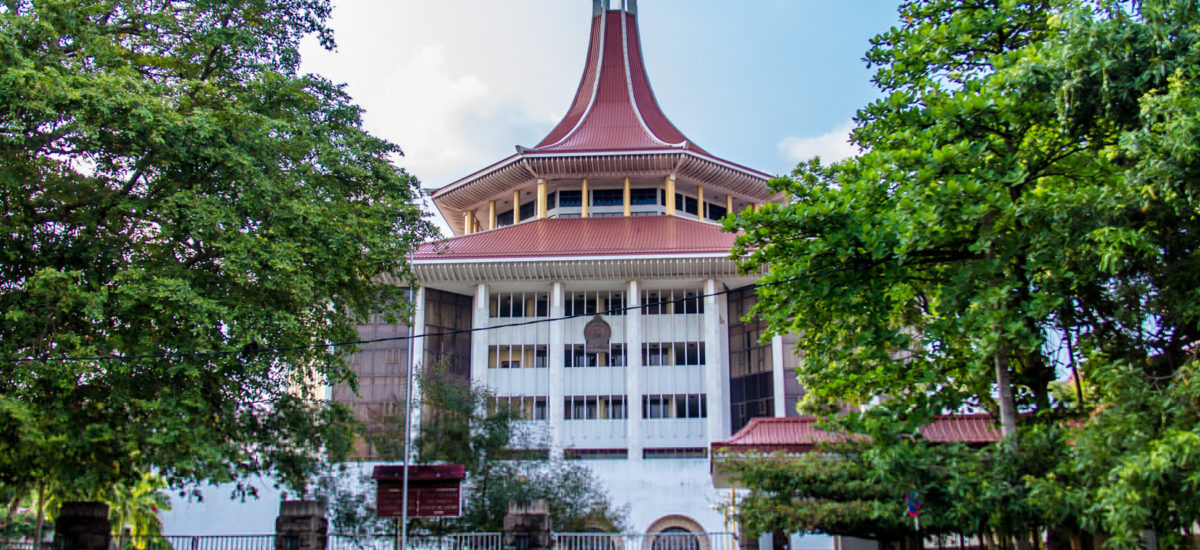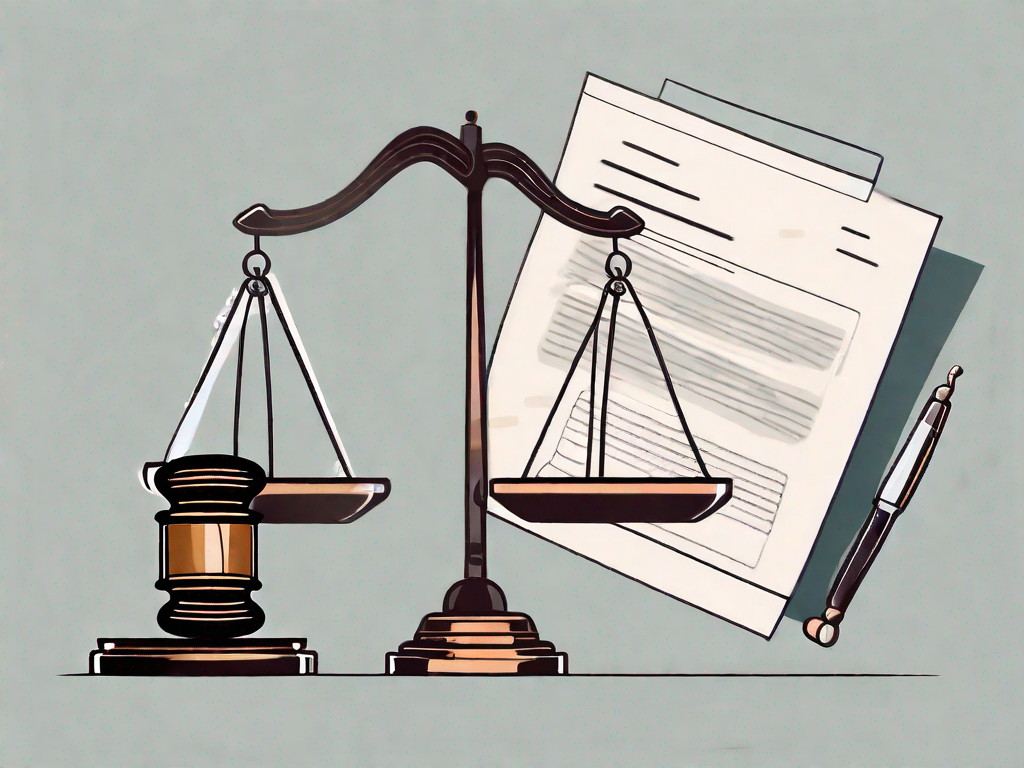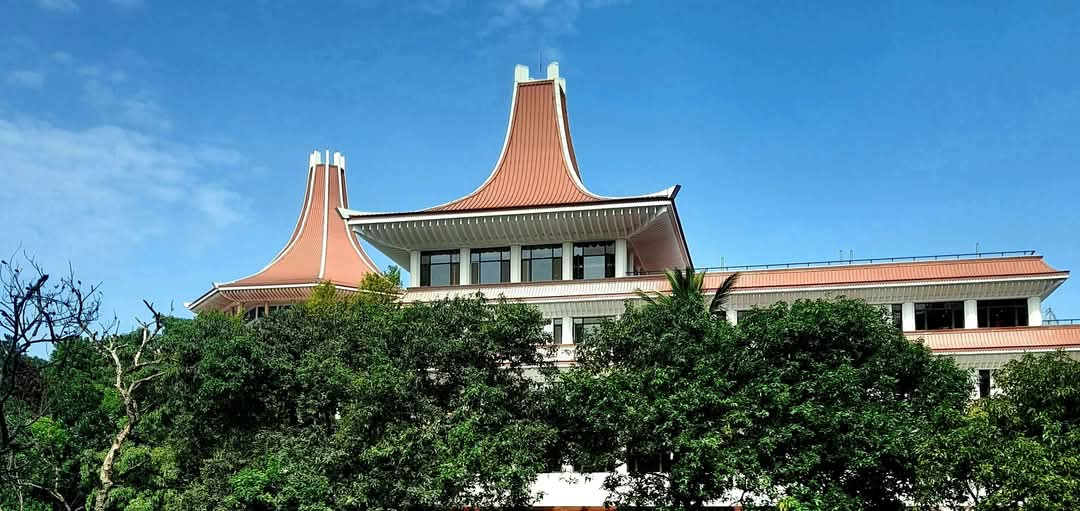“If you want something you have never had, then you have got to do something you have never done”
Justice Enters a New Era: Chief Justice Surasena Unveils Bold Plan to Digitize Courts in Historic Speech

In a historic address at the ceremonial sitting held at the Supreme Court on July 31, 2025, Chief Justice Preethi Padman Surasena, the 49th Chief Justice of Sri Lanka, unveiled an ambitious and transformative vision to fast-track the digitization of the country’s judiciary.
Describing the moment as both critical and historic, he committed to lead a sweeping reform agenda aimed at eliminating long-standing problems such as laws delays, inefficiency, and corruption, while restoring the dignity and relevance of the judicial system in the eyes of the public.
“…I will fast-track the digitization of the Court system through out the country. That is what the BASL wants; that is what the Hon. Minister wants; that is what the Government wants; that is what the litigants want. If you want different results, start making different choices. If we keep doing what we are currently doing, we are surely going to keep getting what we are getting. If you want something you have never had, then you have got to do something you have never done…”
“…This will also eradicate, the persisting problems of Laws Delays and corruption in some court registries in this country. Such a system will enhance efficiency and productivity which would ultimately lead to the achievement of an efficient system of administration of justice. After all people will chose litigation as a means of settling their disputes only if that process is clear, just, speedy and economical…” – Chief Justice Preethi Padman Surasena
The Quality of Justice Delivery
From the outset, Chief Justice Surasena emphasized that digitization is not just about efficiency but about enhancing the very quality of justice delivery in Sri Lanka. He reminded the gathering that the effectiveness of justice depends largely on those who administer it namely, judges and lawyers.
“The quality of justice delivered would depend on the quality of those who administer it,” he stated, adding that true reform begins with the individual professional development of legal practitioners, followed by modernization of the system itself.
“…We would fail in delivering a quality justice if we do not upgrade, firstly, our individual professional qualities and secondly, the quality of the system through which we administer justice. Upgrading the individual qualities would be more a matter for the individual member. However, to upgrade the quality of the system of administration of justice in this country, the time has come to adopt more advanced methods. The most advanced methods in this era are electronically advanced methods. The electronic method relevant to legal profession is digitalized method of administration of justice. There is currently no other more advanced method than that…” – Chief Justice Preethi Padman Surasena
Chief Justice Surasena asserted that the judiciary must be grounded in public trust and social legitimacy, which are earned through performance, not position.
“We are here in this profession by our own choice. To continue and command public respect, we must deliver quality service,” he said.
He reinforced that the justice system exists for the people and must remain accessible, fair, and efficient if it is to serve its purpose.
In laying the groundwork for this ambitious transformation, Chief Justice Surasena emphasized the spirit of collaboration among key stakeholders in the justice sector. He acknowledged that meaningful reform cannot happen in isolation and praised the strong institutional relationships already in place to support the digitization drive.
“…I have already had several discussions with the President of the Bar Association both formal and informal. As regards the proposed digitization, both of us are on the same wave length. I have also already had few meeting with the Hon. Minister of Justice. Hon. Harshan Nanayakkara was practicing as a senior counsel until he was appointed as the Minister of Justice in this country; he is a member of the Bar Association of Sri Lanka. Secretary to the Ministry of Justice Miss Ayesha Jinasena is a President’s Counsel, she held the post of the Solicitor General of this country until last November. I have previously worked with both the Hon. Minister and the Secretary Justice. We are not strangers to each other. I know as a matter of fact that the President of the Bar Association has already developed a good working relationship with both the Hon. Minister and the Secretary-Justice. I am the only new comer to this set up. I have no problem at all working with them closely. I have already indicated that to each one of them. Suffice for me to repeat at this stage what Henry Ford, the manufacturer of Ford vehicles has once said: “Coming together is the beginning; staying together is progress; working together is success”
Digital Courts: A Game-Changer for Justice Delivery
The Chief Justice’s most forward-looking proposal was his comprehensive plan for digitizing the court system nationwide.
Among the standout features were:
· Introduction of fixed time slots for hearings to reduce courtroom congestion and unnecessary delays.
· Access to case progress, court lists, and proceedings via mobile and desktop platforms.
· Digital copies of court journals and submissions to eliminate excessive paperwork.
“…If you have a case in any other Court, you cannot move out of the first Court house to go to the second Court because you do not know what time the Judge would take up your case. The solution would obviously be a mechanism for fixing cases in time slots. This would be one benefit we will get when we in the very near future start walking towards digitizing the affairs of Courts. Ascertaining the progress of the moving list in Open Court of a particular Court room from your mobile phone; viewing and obtaining copies of the journal entries and proceedings in trial Courts from your lap top; and many other features would be available to the members of the profession and the litigants with the launching of the programme we have developed…”
Chief Justice Surasena also delivered a strong message against the entrenched culture of case postponements, warning that it undermines public confidence and professional credibility.
“…If we are more interested in postponing cases and leave the court room empty by 12 noon that may also be possible in this system. But whom are we going to serve? What is the service we render? Whom are we going to convince? And convince with what? On the other hand, who will commend us? Who will appreciate us? Who will praise us? Who will depend on us? Who will recognize us? Who will file cases before us? Answer is nobody. People in this country are intelligent..” he asked.
He reminded the profession that real service lies in engagement, not avoidance, and that the judiciary’s relevance hinges on its ability to deliver timely outcomes.
“…Most of the other countries which deliver quality justice have automated their administration of Justice systems. There is no reason as to why we should not. The Government is prepared to provide funds; other relevant stake holders are ready to assist. Then why is not happening? Simply because we are not taking the initiative. In the context of electronic era, if we do not adopt these systems, we will not be able to upgrade the quality of administering justice in this country; we will not be able to manage time; the litigants will not be able to save big amounts of money spent for paper work; and we will not be able to enjoy doing many things relevant to our profession from the computer itself without having to go out of our chambers…”
Discipline: A Cornerstone of Legal Excellence
Discipline, both individual and institutional, was a recurring theme. The Chief Justice urged the legal community to revive a culture of respect, particularly toward seniors in the profession.
He likened the legal profession to a family structure, where seniority, guidance, and collaboration must be valued if the judiciary is to function as a unified and disciplined force.
“…I am mindful of the fact that some of you gentlemen were President’s Counsel even at the time I took oaths. I bow my head to you sirs, for your seniority. In the same way I expect and also call upon all the other members also to develop the culture of respecting the seniors in the Profession just in the same way that all of us respect the elders in our respective families. It would be then only that we would be able to organize ourselves as a disciplined force to ward off any challenge and tread forward. When we talk about discipline and organization, it does not only refer to that of an individual member. It also involve the discipline and organization of each Court, each judicial Zone, each judicial district and the judicial system as a whole…”
Wisdom from the Ancients:
The Chief Justice closed his speech with powerful ethical and spiritual reflections, underscoring the moral responsibility of those who wield legal power.
From the Dhammapada, he quoted:
“Nowhere in the world is there a place where one may escape from evil actions.”
He reminded his audience that inaction in the face of wrongdoing is itself a form of injustice.
“The world becomes evil not because it is full of evil people, but because of those who do not take action against evil people.”
A Latin legal maxim reinforced this message:
“Qui parcit nocentibus innocentibus punit” — “He who spares the guilty punishes the innocent.”
He also echoed the timeless words of Dr. Martin Luther King Jr.:
“We shall have to repent in this generation not so much for the evil deeds of the wicked people, but for the appalling silence of the good people.”
A Life of Service, Rooted in Integrity
Chief Justice Surasena reflected humbly on his personal journey, having come from a non-legal family, uncertain about his career path after law college.
He trained under Mr. Faisz Musthapha PCand learned criminal law fromthelate Mr. Ranjit Abeysuriya PC, before joining theAttorney General’s Departmentas aState Counseland later asSenior State Counsel. He served as President of the Court of Appeal in 2018, during which the Court disposed of an impressive volume of cases—an achievement he credited to the collaborative effort of judges and counsel.
The Chief Justice expressed sincere thanks to His Excellency the President of the Republic for nominating him, and the Constitutional Council for their concurrence.
He paid heartfelt tribute to his wife Sepalika, noting that her steadfast management of family responsibilities enabled his full focus on the judiciary. He thanked his elder son Damithu and his wife Shennel and his younger son Chamath and his fiancé Hithaishi, and all family members for their patience and support. “Indeed, none of them complained against my lack of participation in family matters… They understood that my dedication of time has always been for the benefit and betterment of the people in this country.”
A Defining Vision for the Future
Chief Justice Surasena closed with gratitude to God, whom he credited for guiding his life and making him a judge—and now, Chief Justice of the Republic.
“Judges are made in heaven. I thank God for giving me wisdom from heaven,” he said.
With a strong message of unity and shared purpose, he called on all legal professionals, public servants, and stakeholders to “come together, stay together, and work together” to deliver on the promise of a just, efficient, and modern judiciary.
This address is already being hailed as a watershed moment, one that may well redefine Sri Lanka’s legal future for decades to come.







